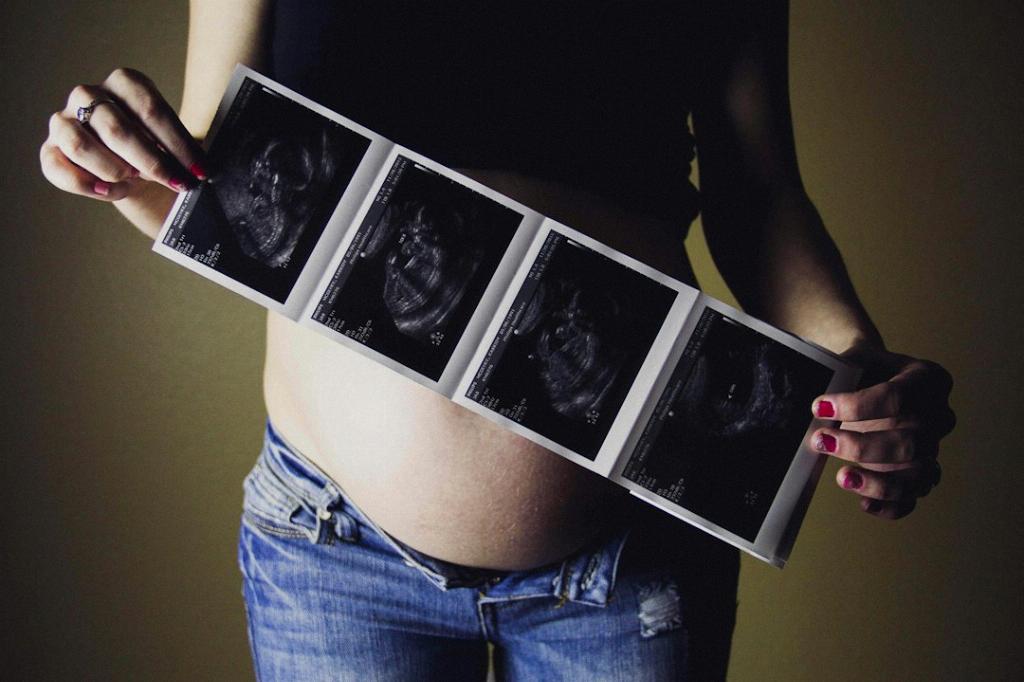When faced with the perplexing situation of a positive pregnancy test result while not actually being pregnant, it’s essential to delve into the reasons why this might occur. False-positive pregnancy tests can be understandably confusing and concerning for individuals seeking accurate information about their reproductive health.
Chemical Pregnancy and False-Positive Results
One potential explanation for a positive pregnancy test despite not being pregnant is a phenomenon known as a chemical pregnancy. This occurs when a fertilized egg implants in the uterus but fails to develop further, leading to an early pregnancy loss. In such cases, the body may still produce the hormone hCG, which is detected by the pregnancy test.
Recent Pregnancy Loss and Positive Test
If you have recently experienced a pregnancy loss, such as a miscarriage or an ectopic pregnancy, it is possible to receive a false-positive result on a subsequent pregnancy test. The hCG hormone may still be present in your system for a period of time after the pregnancy ends, leading to misleading test outcomes.
Fertility Treatments and False Positives
Individuals undergoing fertility treatments that involve the administration of hCG, such as certain types of medications used to stimulate ovulation, may also encounter false-positive pregnancy test results. The presence of synthetic hCG in these medications can trigger a positive result on a pregnancy test, even if conception has not occurred.
Erroneous Test Administration and Readings
It’s crucial to ensure that you follow the instructions for taking a pregnancy test accurately to minimize the risk of false-positive results. Factors such as using an expired test kit, improper test timing, or misinterpreting the test outcome can all contribute to inaccuracies in the results.
Medical Conditions Mimicking Pregnancy
Certain medical conditions, such as ovarian cysts, tumors, or hormonal imbalances, can lead to elevated levels of hCG in the body, which might trigger a false-positive pregnancy test result. Consulting with a healthcare provider can help in identifying and addressing underlying health issues that may be influencing the test outcomes.
Stress and Lifestyle Factors
High levels of stress, changes in weight, or other lifestyle factors can impact hormone production in the body, potentially affecting the results of a pregnancy test. It’s essential to consider how external influences might be influencing your hormonal balance when interpreting test results.
Consulting a Healthcare Provider
If you find yourself in the distressing situation of receiving a positive pregnancy test result despite not being pregnant, it is advisable to seek guidance from a healthcare professional. A doctor can perform further tests, such as blood work or ultrasounds, to determine the underlying reason for the false-positive result.
Emotional Impact of False-Positive Results
Coping with the emotional repercussions of a false-positive pregnancy test can be challenging. Feelings of confusion, disappointment, and anxiety are common reactions in such circumstances. Seeking support from loved ones or a counselor can help in navigating the emotional aspects of this experience.
Understanding Test Sensitivity and Specificity
Pregnancy tests vary in their sensitivity to detecting hCG levels in urine or blood samples. Some tests may be more sensitive and prone to producing false-positive results. Being aware of the characteristics of the test you are using can aid in interpreting the results accurately.
Future Pregnancy Planning
If you have received a false-positive pregnancy test result, it is essential to discuss your future reproductive plans with a healthcare provider. Understanding the factors that may have influenced the inaccurate result can help in preparing for any desired pregnancies in the future.
Final Thoughts
While a positive pregnancy test result can bring about a mix of emotions and uncertainties, it’s important to approach the situation with clarity and seek professional guidance when needed. By understanding the potential reasons behind a false-positive result, you can navigate this challenging experience with informed decision-making and support.

